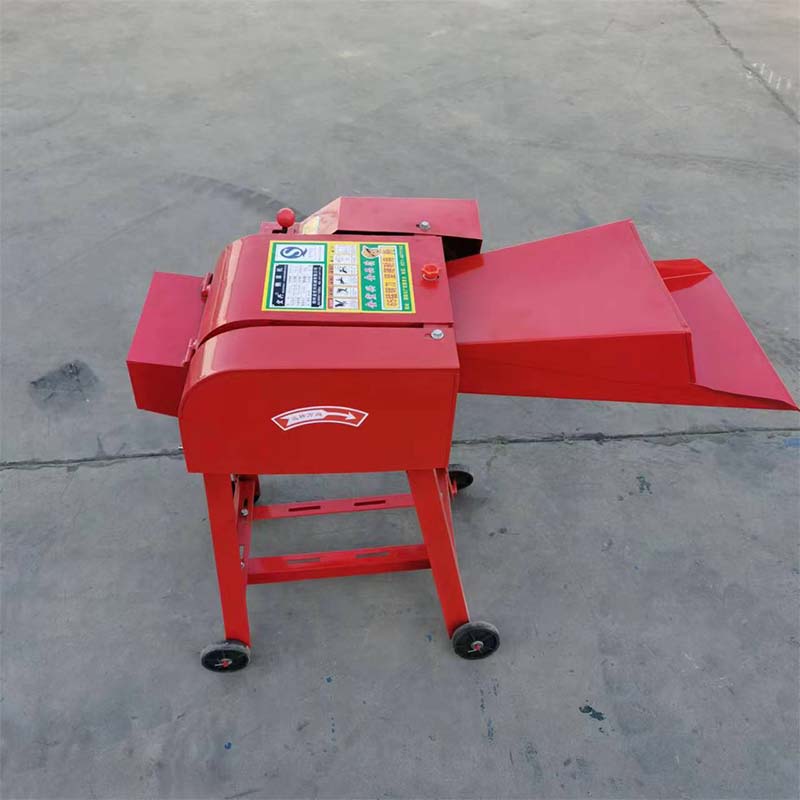Optimal Ventilation Solutions for Chicken Coop Exhaust Fans
Nov . 28, 2024 07:00 Back to list
Optimal Ventilation Solutions for Chicken Coop Exhaust Fans
The Importance of Exhaust Fans in Chicken Coops
When it comes to raising chickens, providing a comfortable and healthy environment is paramount. One of the crucial components to achieve this is proper ventilation, which is where exhaust fans come into play. Chicken coop exhaust fans are essential for maintaining optimal conditions within the coop, ensuring the well-being of your birds and the overall success of your poultry farming venture.
Understanding the Need for Ventilation
Chickens are sensitive creatures and require a stable environment to thrive. They are prone to respiratory problems if the air quality in their living space is poor. Inadequate ventilation can lead to an accumulation of moisture, ammonia, and harmful gases. This is particularly common in the winter months when windows may be closed to retain heat, leading to dampness and the buildup of harmful substances in the air. An exhaust fan helps mitigate these issues by improving air circulation and facilitating the escape of stale air.
How Exhaust Fans Work
An exhaust fan operates by drawing out stale air from the coop while simultaneously allowing fresh air to enter. It typically consists of a motorized fan that is mounted in a wall or ceiling, ensuring that it efficiently removes excess heat, humidity, and airborne pathogens. Many modern exhaust fans are equipped with thermostats and humidity sensors, which help regulate the internal environment of the coop based on prevailing conditions.
When choosing an exhaust fan for your chicken coop, it is essential to consider the size of the coop and the number of chickens you are housing. An appropriately sized fan will ensure that air circulation is effective without creating excessive drafts that may stress the birds.
Benefits of Using Exhaust Fans
1. Improved Air Quality The primary benefit of an exhaust fan is improved air quality. By removing stale air and replacing it with fresh air, you create a healthier environment for your chickens, reducing the likelihood of respiratory issues.
chicken coop exhaust fan

2. Temperature Regulation During the hotter months, exhaust fans can help lower the temperature inside the coop. Chickens are sensitive to heat, and high temperatures can lead to heat stress, diminishing their health and egg production. An exhaust fan will help push out hot air, creating a cooler area for the birds.
3. Moisture Control High humidity levels in a chicken coop can lead to problems such as mold growth and diseases. By removing excess moisture from the air, exhaust fans help maintain an appropriate humidity level, which is crucial for the health of your flock.
4. Ammonia Reduction Chickens produce ammonia through their droppings. In poorly ventilated coops, ammonia can build up to toxic levels, affecting both chickens and human caretakers. An exhaust fan helps to remove this harmful gas, creating a safer breathing environment.
5. Enhanced Productivity Healthy chickens are productive chickens. By ensuring your coop has proper ventilation through the installation of exhaust fans, you can expect better egg production rates and improved overall health in your flock.
Considerations When Installing Exhaust Fans
Before installing an exhaust fan in your chicken coop, it’s important to consider a few factors. Location is key; install the fan in a way that allows for maximum airflow and circulation. Also, consider the type of fan – while some may prefer standard exhaust fans, others might explore solar-powered options for energy efficiency. Ensuring that fans are easy to clean and maintain will also help prolong their lifespan and ensure optimal functioning.
Conclusion
In summary, chicken coop exhaust fans are indispensable tools for any poultry farmer committed to the health and productivity of their flock. These fans help maintain proper air quality, regulate temperature and humidity, and reduce harmful gases within the coop. By investing in a quality exhaust fan and ensuring its effective installation and maintenance, you are taking an essential step towards creating a safe and comfortable environment for your cherished chickens. Happy farming!
-
Hot Sale 24 & 18 Door Rabbit Cages - Premium Breeding Solutions
NewsJul.25,2025
-
Automatic Feeding Line System Pan Feeder Nipple Drinker - Anping County Yize Metal Products Co., Ltd.
NewsJul.21,2025
-
Automatic Feeding Line System Pan Feeder Nipple Drinker - Anping County Yize Metal Products Co., Ltd.
NewsJul.21,2025
-
Automatic Feeding Line System - Anping Yize | Precision & Nipple
NewsJul.21,2025
-
Automatic Feeding Line System - Anping Yize | Precision & Nipple
NewsJul.21,2025
-
Automatic Feeding Line System-Anping County Yize Metal Products Co., Ltd.|Efficient Feed Distribution&Customized Animal Farming Solutions
NewsJul.21,2025






